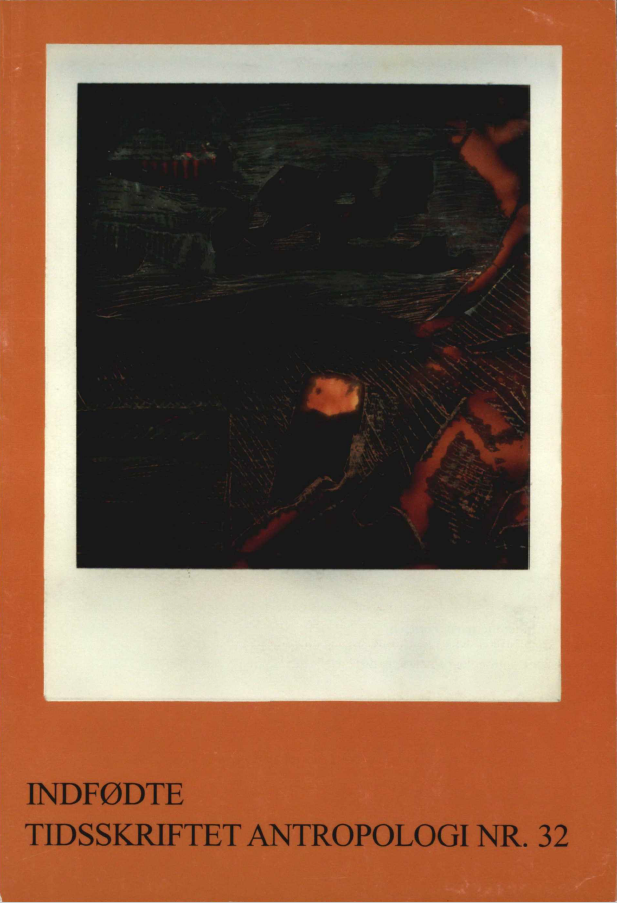SIDSTE PAS DE TROIS I GENÉVE: En dans for tre i FN’s saloner, hvor værten fører
DOI:
https://doi.org/10.7146/ta.v0i32.115444Resumé
Katja Kvaale: Last pas de trois in Geneva:
a dance for three in the UN saloons
with the host leading the dance
The purpose of this article is twofold. Taking
its point of departure in empirical examples
from the 1993 Session of the United Nations
Working Group on Indigenous Populations
in Geneva, the article attempts partly to analyse
how indigenous peoples operate in the
UN system, and partly to examine how this
touches on classical anthropological notions
such as peoplehood, nationhood and culture
as distinet and continuous units. It is argued
that most of the indigenous inputs at the
UNWGIP can be heard as persistent reactions
against the member states’ questioning
their peoplehood and consequent rights to
self-determination. However, it is not the
idea to deconstruct the notion of the modem
nation State altogether, nor to imply a radical
cultural relativity, but rather to establish that
the UN is confronting a global reality somewhat
more complex than individuals and nation-
states. In stating that the right to self-determination
is separate from and prior to international
law - it has been there since time
immemorial - the indigenous representatives
are tuming the legal logic of the UN upside
down. From their perspective it is thus not
a matter of being endowed with rights from a
magnanimous UN, but rather a latecoming
making up for the wrongdoings of half a millennium.
Meanwhile, in asserting cultural
continuity and distinetiveness in their politicized
self-representation, indigenous peoples
are catching anthropology off-guard and
without foothold amidst the debris of its recently
abandoned paradigms. Ironically, in
the case of indigenous peoples the discipline
is seemingly facing the incamation of the
very notions and concepts just ditched: the
exotification of the other, the radical us/them
or West/the Rest distinetions, the Levi-
Straussian „cold“ timelessness i.e. „conservative"
rejection of modemity and development,
culture as partly reified and self-sufficient
units etc. However, rather than a morally
based rejecting attitude towards this phenomenon
the discipline would benefit from
facing the great theoretical and analytical
challenge that lies behind it. Although indigenous
peoples and anthropologists are now
operating within the same frame of reference
to a far higher degree than was the case 25
years ago, it can still prove worthwhile to distinguish
between the different levels on
which culture is dealt with at different times.
Hence, a potential clash between indigenous
politieized „authentic culture" on the one
hånd and scientific deconstruction of „true
culture" on the other can be avoided.
Downloads
Publiceret
Citation/Eksport
Nummer
Sektion
Licens
Ophavsretten til artiklerne i Tidsskriftet Antropologi tilfalder forfatteren.
Artikler publiceret i Tidsskriftet Antropologi må citeres, downloades og videresendes for ikke-kommerciel brug, under forudsætning af normal akademisk reference til forfatter(e) samt tidsskrift, årgang, nummer og sider. Artiklerne må kun genudgives med eksplicit tilladelse fra forfatter(e) og tidsskriftet.


